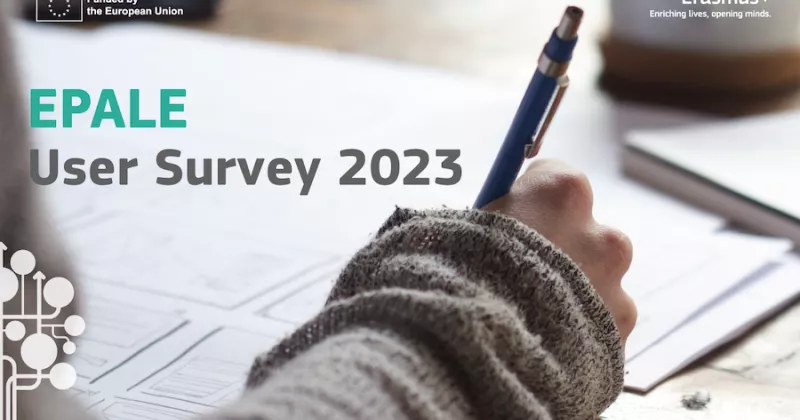Public Libraries 2020: a project to promote European public libraries

There are 65,000 public libraries in the EU. They are usually thought of as a place to read and borrow books - but they are so much more than that. Public libraries are undergoing a transformation, becoming a powerful network across the EU where people are supplementing their formal education, working on their basic skills and undertaking a huge range of learning activities. The EU’s public libraries are a smart tool in the promotion of social inclusion, digital inclusion and – not least – lifelong learning.
At a time when European societies are struggling to integrate hard-to-reach groups and to provide them with necessary skills to be functional and proud members of their communities, libraries are especially well positioned to offer locally driven solutions to global issues. They are a unique space for the socio-economically disadvantaged, offering activities such as lifelong learning programmes and digital skills training for early school leavers, adult learners and the unemployed.
The figures speak for themselves:
- Public libraries welcome 100 million visitors per year across the EU.
- 24 million Europeans participate in non-formal learning activities at their public library every year.
- 4.6million people a year access the internet for the first time in a public library.
- A quarter of a million people found new jobs by going online in libraries in 2013.
Europe’s network of libraries are a largely untapped resource that can boost the EU’s progress in achieving its ET2020 objectives. We know this is possible from the experience of many Member States who have invested in libraries and made a huge return on this investment - just one example is the digital upskilling "Tablets in Your Library" project in Poland.
Challenges and PL2020's role
The data and the stories both show just how much adult learning is taking place in libraries. There has been some impressive support from policymakers – including the MEPs who took part in our ‘Libraries Change Lives’ tour (see below) – but fully capturing and validating the activities taking place in libraries remains a challenge. PL2020’s mission is to demonstrate to EU decision-makers the excellent work public libraries are already doing – on social inclusion, digital inclusion, and lifelong learning – and to help strengthen the EU policy basis so that libraries can reach their full potential, in particular in providing adult learning services. We also continue to work with the library sector to reinforce their capacity to advocate for themselves and to get involved with EU-led initiatives.
PL2020 ‘Libraries Change Lives’ Tour
Earlier this year, the PL2020 team went on a European tour, visiting public libraries in 15 EU countries to document some of their stories. We also invited Members of the European Parliament to visit a library in their country to see with their own eyes how libraries change lives.
Here are some of our favourite illustrations of how public libraries in Europe are contributing to adult learning:
Germany: “Chatting my way to success”
Eva, a Spanish migrant to Germany, teaches German language lessons to other migrants at Cologne City Library.
Ireland: “Feeling like 19 again”
Ron, a retired driver who had difficulties reading as a boy, learns all about a whole new world online thanks to Ballyroan Public Library.
Bulgaria: “A window to the world”
Bozhidar, who lost his eyesight aged 17, recounts how ICT training at Pazardzhik Public Library had a significant impact on his future.
All of the amazing stories we collected can be found in our ‘Libraries Change Lives’ book (get in contact if you’d like a copy!) and our e-publication.
If you'd like to know more, check out our website at www.publiclibraries2020.eu or follow us on Twitter and Facebook.



